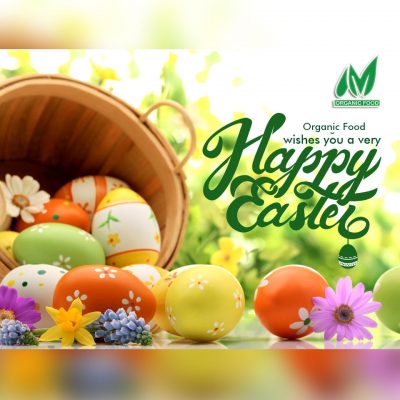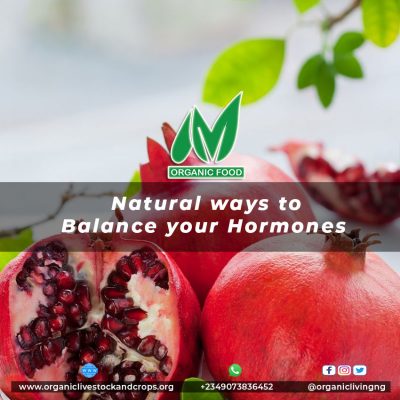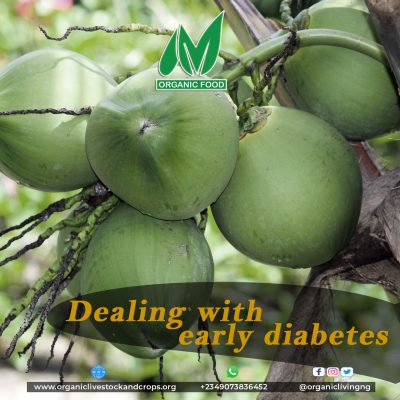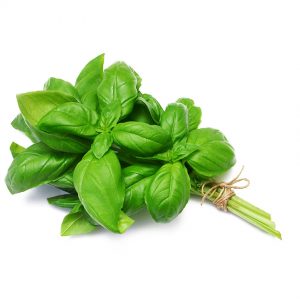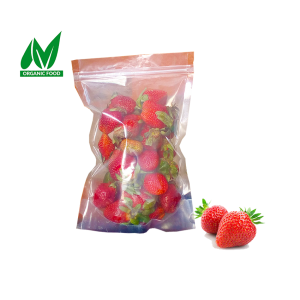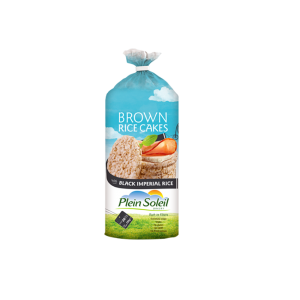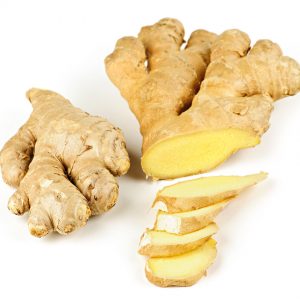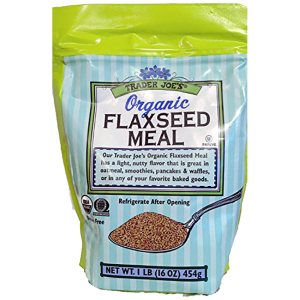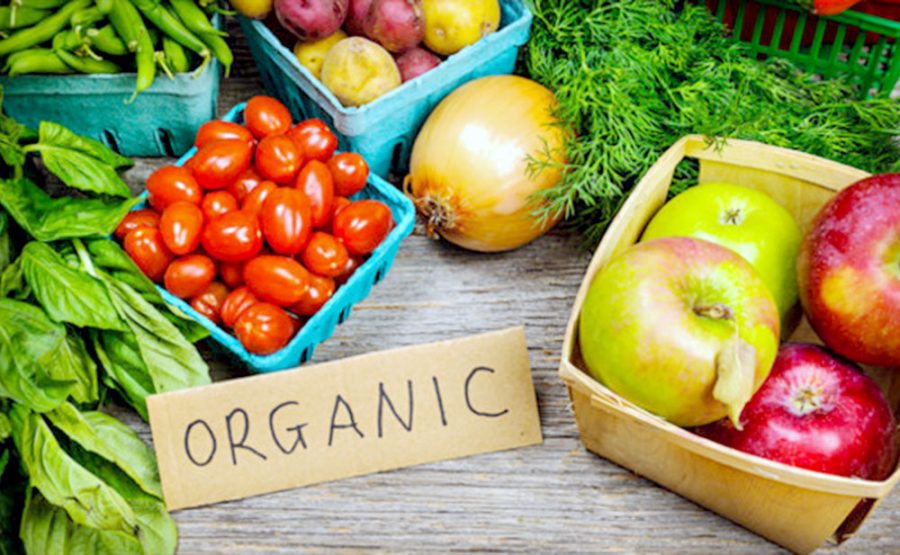
IFOAM EU talks getting ‘organic on every table’
Increased organic production would support the development of more sustainable food systems across Europe, IFOAM EU’s deputy director and policy manager Eric Gall tells Food Navigator.
Organic industry body IFOAM EU recently launched its roadmap to Vision 2030 to support increased organic availability and consumption in Europe. The collective vision and strategy aims to get “organic on every table” by 2030, with organic and agroecological practices employed on “more than half” of the EU’s farmland.During the eleventh European Organic Congress, staged in Estonia earlier this month, IFOAM stressed that organic production can play an “important role” in producing high-quality food, developing viable business models and protecting the environment.
According to the organisation’s policy manager and deputy director, promoting organic production offers potential benefits across the value chain – from farmers, to manufacturers and, ultimately, consumers.
People, planet and profits
“The issues of sustainability are multi-faceted covering both economic, social and environmental dimensions,” Gall told FoodNavigator. “Specific reasons for supporting organic include the major challenge facing the agri-food sector of ensuring viable livelihood for farmers, whilst at the same time meeting societal expectations such as environmental delivery and contributing to rural development.”
According to figures from Eurostat, that about 325,000 full-time equivalent agriculture jobs disappear every year in the EU, with the loss of about a quarter of EU farmers in the last decade, Gall noted.
At the same time, he suggested, there is “clear evidence” that industrial agricultural methods play a “major role in pushing the planet beyond its limits”. Gall flagged research from the Stockholm Resilience Centre, which presents a set of nine “planetary boundaries” within which humanity can continue to “develop and thrive” for generations to come. “The agriculture sector, for example, accounts about 10% of GHGs, so it has an obvious contribution to make,” he stressed.
“As a market-led approach, the organic sector seeks to address these different dimensions and the potential trade-offs by offering a holistic approach to food and farming. It has a proven track record as the only EU-wide sustainable farming system (from farm to fork) that is legally recognised and certified.”
Supply and demand
According to Gall, European citizens are demonstrating their support for organic and the alternative it offers.
The latest EU market data shows that the organic retail market in the EU-28 grew by 12.6% in 2015 compared to 2014. The market for organic retail sales was valued at €27.1bn.
Organic supply is not keeping pace.
Gall explained: “Whilst farmers are increasingly choosing organic and the farmland area saw positive growth in 2015, the figures indicate that these developments in the supply base are not sufficient to keep pace with growing consumer demand.
“IFOAM EU’s Organic 2030 Vision for transforming food and farming includes a commitment to exponentially increase Europe’s agricultural land managed according to organic principles, providing fresh, seasonal, fairly priced as well as minimally and carefully processed organic food to every European home, workplace and institution.”
Calls for CAP reform
IFOAM EU is calling the EU policymakers to recognise the contribution the organic sector has to make in the Common Agricultural Policy through policies designed to support its growth.
Specifically, the industry body wants the environmental and socio-economic outcomes delivered by farmers to be “fully incentivised and rewarded” by the CAP. Land access for new organic and transitioning farmers should be prioritised and “green procurement” in public canteens should be used to stimulate “sustainable diets”, IFOAM EU argued.
“Our Organic Roadmap to Sustainable Food and Farming Systems in Europe identifies a reformed CAP that ensures environmental and socio-economic outcomes delivered by farmers are fully incentivised and rewarded by policymakers as a key strategic pathway to support the development of the organic supply base,” Gall said.
Supply chain innovation
The supply chain also needs to evolve to reflect the true “cost” of food production more accurately and profits should be distributed more equitably throughout the entire supply chain, Gall continued.
“Currently the environmental, social, and public health costs of farming are largely ignored and often not correctly calculated. These costs need to be better reflected in the price of food, so that all actors in the food value chain can be fairly remunerated.”
Food manufacturers who embrace organic production stand to benefit from increased consumer demand for organic products. However, their systems must be sensitive to the specifics of organic agricultural production, Gall believes.
“Supporting the development of organic farming is a clear way for food manufacturers to respond to the growing EU consumer demand for sustainable products. In sourcing organic produce, manufacturers committed to organics, need to be aware of the diversity of organic farming systems compared to the conventional industry as it involves dealing with different quantities and varieties of high-quality primary products. Efforts also need to support increased transparency in the food chain and to move towards true cost accounting and a fair price both for producers and for consumers.
“The organic sector is also a driver of innovation that corresponds to both the demands of society and to the needs of actors in the food chain. New ways to cooperate and manage value chains (organisational innovation), and of mechanisms that enable groups to change behaviour and their relations with each other (social innovation) to deliver significant results in terms of productivity, capacity and output are critical. Investments in minimum processing techniques, sustainable and reusable packaging including an improved understanding of quality and safety issues in organic supply chains are of paramount importance for creating new value for current and prospective organic consumers.”



